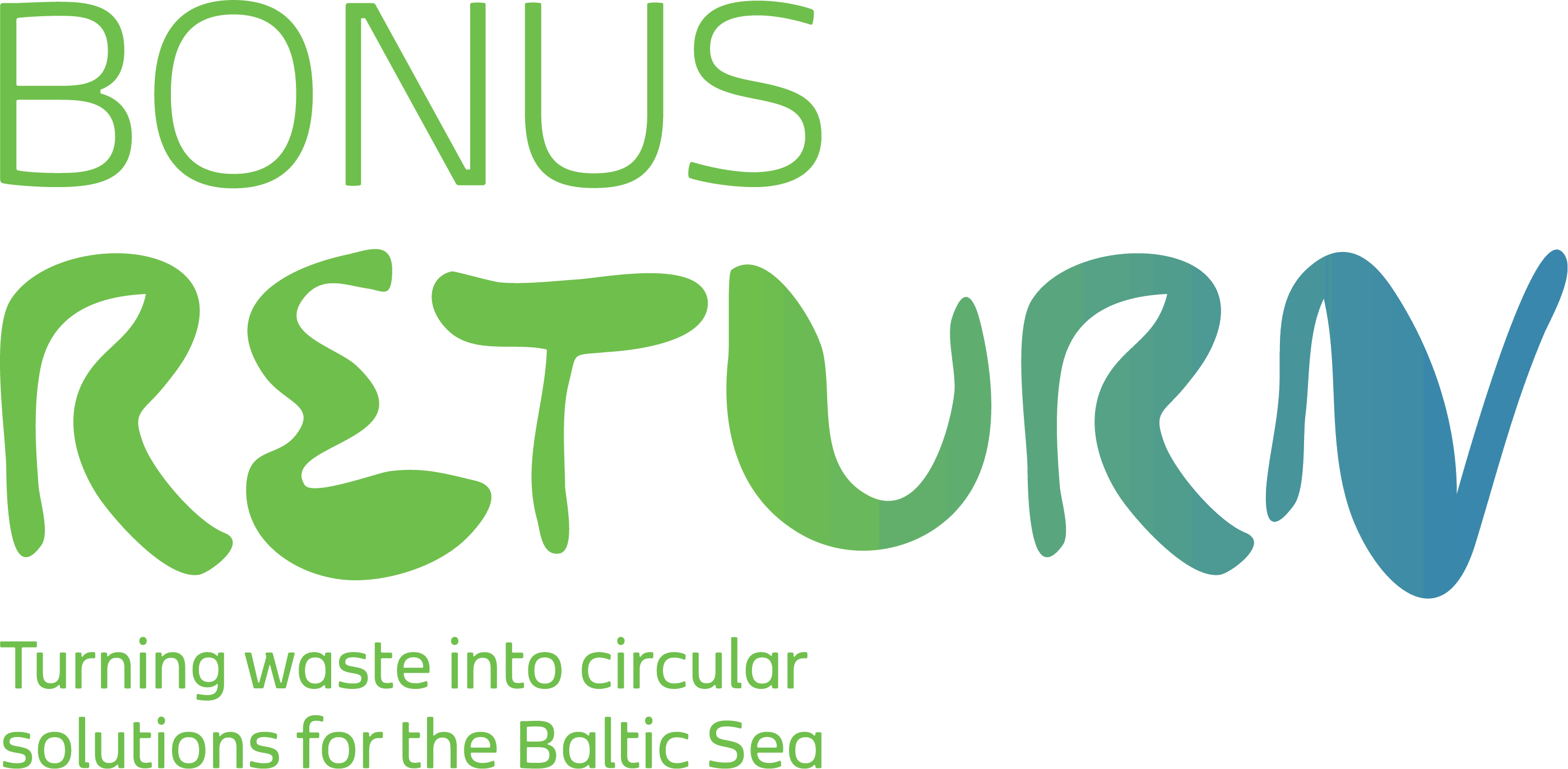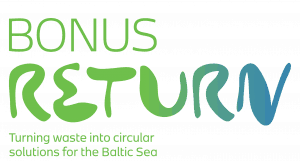“Reduce, Reuse, Recycle and Recover” summarises the idea behind the circular economy. Symbiosis–collaboration between companies or sectors where waste or waste by-products becomes a resource for something else, is key to enabling business models that allow a shift towards a circular economy. Despite technical and institutional progress towards circularity, knowledge, market and policy gaps remain.
This workshop will address some of the challenges experienced in establishing agricultural and industrial symbiosis that will enable up scaling of circular solutions in the Baltic Sea Region. The workshop aims to facilitate exchange between the project’s partners and local stakeholders as well as a broader network of industry, government, private sector, universities, etc, in the Baltic Sea Region.
Date: May 16, 2019
Time: 08:30 to 17:00
Venue: Gdansk, Poland
PROGRAMME
08:30 Registration and mingle
08:45 Opening, Moderator – Sirkka Tattari, Finnish Environment Institute (SYKE)
09:00 Welcome remarks – Tomasz Okruszko, Warsaw University of Life Sciences (WULS)
09:15 About BONUS RETURN – Karina Barquet, Stockholm Environment Institute (SEI)
09:30 Keynote 1 – Ludwig Hermann, European Sustainable Phosphorus Platform (ESPP)
09:50 Workshop Instructions – Brenda Ochola, Stockholm Environment Institute (SEI)
10:00 Coffee break
10:30 Parallel Breakout Sessions 1
12:00 Lunch
13:00 Keynote 2 – Paula Land, Local Governments for Sustainability (ICLEI)
13:20 Discussion Panel with Innovators – facilitated by David Nilsson, Royal Institute of Technology (KTH)
Aquacare – Prashanth Suresh Kumar (Netherlands)
RagnSells and EasyMining – Pär Lärshans &Yariv Cohen (Sweden)
Kalundborg Symbiosis Center – David Marhauer-Nimb (Denmark)
Advanced Aerobic Technology – Anna Calo (Sweden)
Agroecological Symbiosis – Kari Koppelmäki (Finland)
14:15 Coffee break
14:30 Parallel Breakout Sessions 2
16:00 Presentation of results from parallel sessions in plenary
16:45 Closing remarks – Olle Olsson, Stockholm Environment Institute (SEI)
19:00 Dinner
PARALLEL BREAKOUT SESSIONS
Session 1 – Public procurement for circular innovations
Public procurement constitutes a major share of public spending and is increasingly recognized as an untapped potential for driving a transition towards a circular economy. Countries like Germany, Denmark and the Netherlands have new national policies in place to support circular procurement, and successful experiences are starting to emerge in the Baltic Sea Region. But challenges remain for putting circular procurement in practice in the agriculture and waste water sectors. This session will focus on discussing how cities and municipalities can use public procurement to enhance the uptake of circular innovations, thereby supporting a transition to a circular economy.
Session 2 – Testbeds: infrastructure, finance and setup
Test and demonstration environments, referred to as testbeds, allow for cheap, fast and small- scale testing of innovative approaches. As goods and services are developed at a more rapid pace and become increasingly complex, testbeds are important for the public and private sectors alike. Testbeds for circular solutions require adequate infrastructure as well as innovative business models and new partnerships. This session will focus on discussing testbeds and associated arrangements for circular solutions in nutrient and water management.
Session 3 – Payment and other schemes for nutrient and carbon recycling
In the face of challenges related to nutrient emissions, soil degradation, and climate change, there is a growing need for ‘win-win’ approaches that reverse CO2 emissions, manage nutrients and water sustainably, and provide benefits for farmers. This session will focus on discussing carbon farming and other payment schemes that aim at multiple benefits: recycling nutrients, reversing CO2 emissions, enhancing productivity and building resilience against the effects of climate change.
Session 4: Requirements for market uptake of recycled fertilizer products
Recovery and recycling of nutrients from agricultural, industrial and urban waste has been strongly promoted in EU circular economy policies. Despite this, the use of recycled products as agricultural fertilizers is still limited. There have been concerns about high costs compared to traditional mineral fertilizers, contaminants, or consumer perception related to food safety. This session will focus on discussing the perceptions, requirements and choices of end-users to enable market uptake of recycled fertilizer products.

